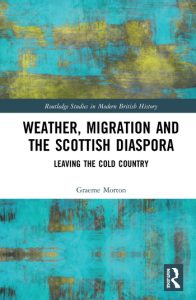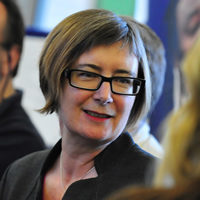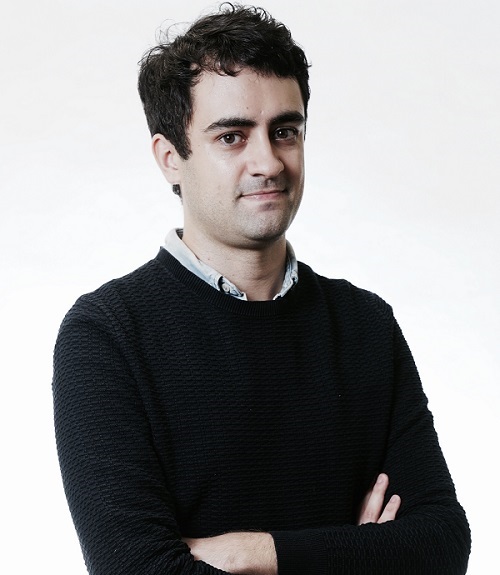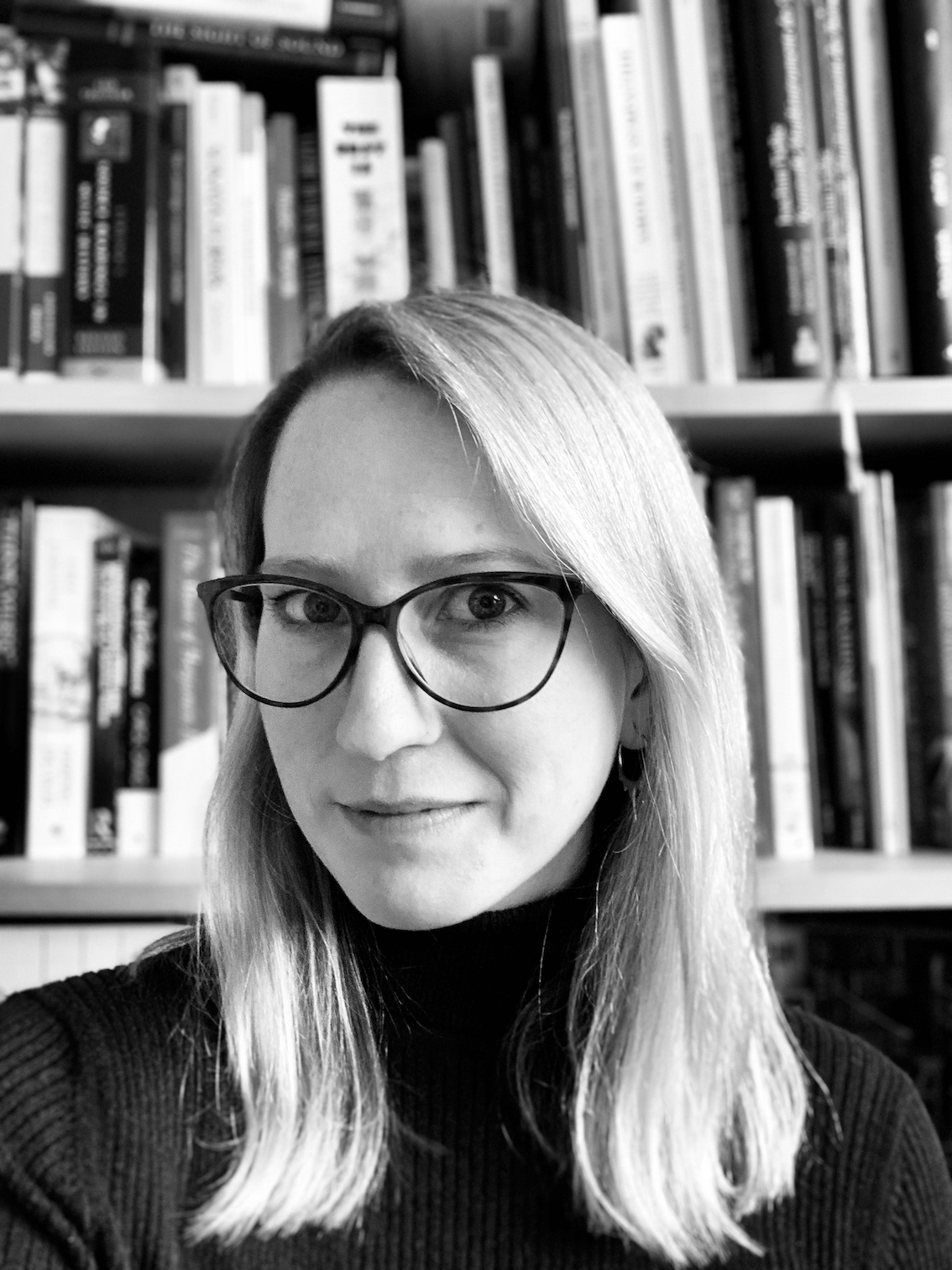Research Seminars
Centre for Scottish Culture and Scottish Centre for Global History Joint Seminar Programme, Spring 2022
Dr Nicola Martin, transatlantic military historian specialising in eighteenth-century British imperialism and Jacobitism, from the University of the Highlands and Islands will be presenting a paper entitled Highland Scotland and Loyalism.
Date: Wednesday, 19th January, 2022
Time: 4:30-6 p.m. Online Only.
BB Collaborate link: https://eu.bbcollab.com/guest/bd7e5963356d446f857e7b55509bdee1
Dr Manu Sehgal, historian of modern South Asia focusing on the period from the early to the late stages of colonialism, from the University of Birmingham will be presenting a paper on 9th February entitled The Sepoy Army.
Date: Wednesday, 9th February, 2022
Time: 4:30-6 p.m.
Venue: University of Dundee campus, Dalhousie Building, 1LG03. If Covid Restrictions allow; Online link to follow.
Dr Rachel Davis, historian of late medieval Scotland will be presenting a paper on 23rd February entitled Early modern Scottish women.
Date: Wednesday, 23rd February, 2022
Time: 4:30-6 p.m.
Venue: University of Dundee campus, Dalhousie Building, 1LG03. If Covid Restrictions allow; Online link to follow.
Dr Craig Lamont, focusing on Scotland, Scottish Literature and Glasgow in the Georgian era, from the University of Glasgow will be presenting a paper on 9th March entitled Georgian Glasgow and memory.
Date: Wednesday, 9th March, 2022
Time: 4:30-6 p.m.
Venue: University of Dundee campus, Dalhousie Building, 1LG03. If Covid Restrictions allow; Online link to follow.
Dr Emily Manktelow, lecturer in Global and Colonial History focusing on the British empire with a particular interest in the everyday life of empire, from the Royal Holloway University of London will be presenting a paper on 23rd March entitled Missionaries and Imperial history.
Date: Wednesday, 23rd March, 2022
Time: 4:30-6 p.m.
Venue: University of Dundee campus, Dalhousie Building, 1LG03. If Covid Restrictions allow; Online link to follow.
Dr Clare Loughlin (University of Stirling) and Dr Laura Doak (University of Dundee), will be presenting a paper on 6th April entitled The Privy Council of Scotland and Religious Management, c. 1692-1708.
Date: Wednesday, 6th April, 2022
Time: 4:30-6 p.m.
Venue: University of Dundee campus, Dalhousie Building, 1LG03 If Covid Restrictions allow; Online link to follow.
You can see the programme and associated abstracts here:
Centre for Scottish Culture and Scottish Centre for Global History Joint Seminar, 6 October 2021

Professor Graeme Morton (University of Dundee)
‘Weather, Migration and the Scottish Diaspora: Leaving the Cold Country’
University of Dundee, 6 October 2021, 4pm-5.30pm
Venue TBC
The long nineteenth century was a period consistently cooler than now, and Scotland remains the coldest of the British nations. Nineteenth-century meteorologists turned to environmental determinism to explain the persistence of agricultural shortage and to identify the atmospheric conditions that exacerbated the incidence of death and disease in the towns. In these cases, the logic of emigration and the benefits of an alternative climate were compelling. Emigration agents portrayed their favoured climate in order to pull migrants in their direction. The climate reasons, pressures and incentives that resulted in the movement of people have been neither straightforward nor uniform. There are known structural features that contextualize the migration experience, chief among them being economic and demographic factors. By building on the work of historical climatologists, and the availability of long-run climate data, for the first time the emigration history of Scotland is examined through the lens of the nation’s climate. In significant per capita numbers, the Scots left the cold country behind; yet the ‘homeland’ remained an unbreakable connection for the diaspora.
Previous Seminars
Centre for Scottish Culture and Scottish Centre for Global History Joint Seminar, 4 February 2021

Professor Alison Oram (Institute of Historical Research)
‘What is Queer Heritage? How Intimacies and Desires Shape Buildings and Places’
How do we see and value everyday queer heritage? How have same-sex intimacies and gender diversity in the past been layered into the places we inhabit today?
Queer heritage has recently become ever more visible as buildings have had their LGBT+ histories rescued. These are increasingly recognised as an important part of the story both for the places and for our wider national heritage.
This lecture will draw on the queer heritage projects that Alison Oram has been involved with. She will look at places that might be ‘queer’ because of their architectural style or thanks to their association with LGBT+ inhabitants or activities.
Professor Alison Oram is a Senior Research Fellow at the Institute of Historical Research, School of Advanced Study, University of London and Professor Emerita at Leeds Beckett University. She led the team who delivered ‘Pride of Place: England’s LGBTQ Heritage’ for Historic England in 2015-16 and co-wrote the guidebook Prejudice and Pride: Celebrating LGBTQ Heritage for the National Trust’s 2017 theme in 2017: https://historicengland.org.uk/research/inclusive-heritage/lgbtq-heritage-project/
Her most recent book on lesbian and queer history is Her Husband was a Woman! Women’s Gender Crossing in Modern British Popular culture (2007). She is currently completing a co-authored book (with Prof Matt Cook) and other publications for the AHRC-funded research project ‘Queer Beyond London’: http://queerbeyondlondon.com/
Please click on the links below to view recordings of our recent research seminars.
Centre for Scottish Culture and Scottish Centre for Global History Joint Seminar, 17 December 2020

Dr Richard Barlow (Nanyang Technological University)
‘Irish Literature and Politics in Scottish Modernism’
https://web.microsoftstream.com/video/94a84ce4-cc28-4a11-af47-4aed199a997b
Centre for Scottish Culture and Scottish Centre for Global History Joint Seminar, 10 December 2020

Dr Rachael Durkin (Northumbria University)
‘The Dickens of Scotland’: William Crawford Honeyman and his (un)detected influence on Arthur Conan Doyle?
https://web.microsoftstream.com/video/f3ded187-349c-4bbd-8bca-8d17834d0a87
Centre for Scottish Culture and Scottish Centre for Global History Joint Seminar, 26 November 2020

Dr Katie McCullough
‘L’abandon le plus deplorable’: Highland Scottish Catholicism in Upper Canada, 1785-1826
https://web.microsoftstream.com/video/f3ded187-349c-4bbd-8bca-8d17834d0a87
